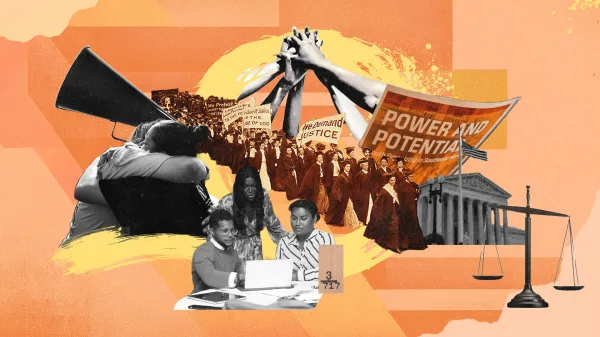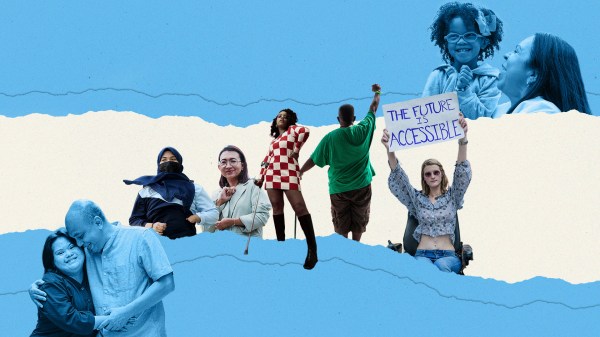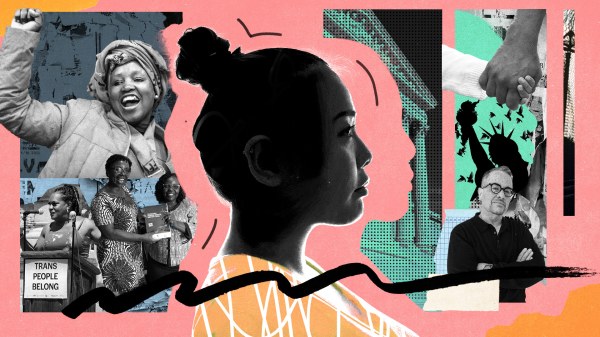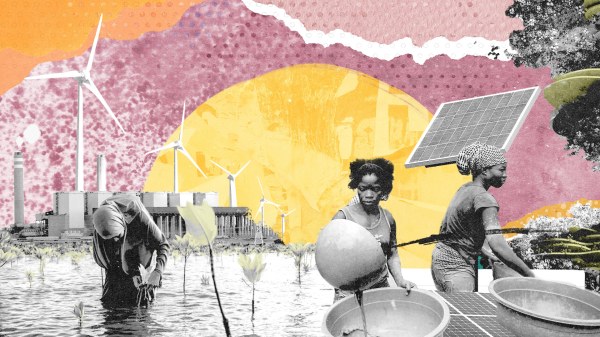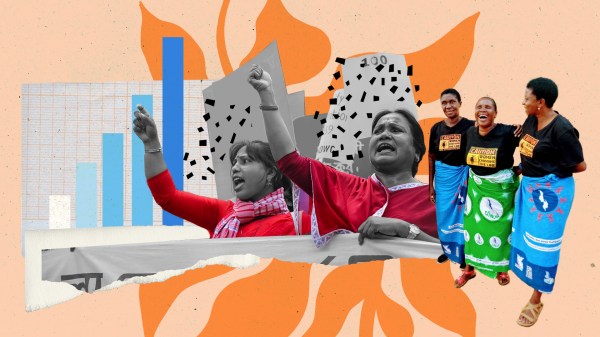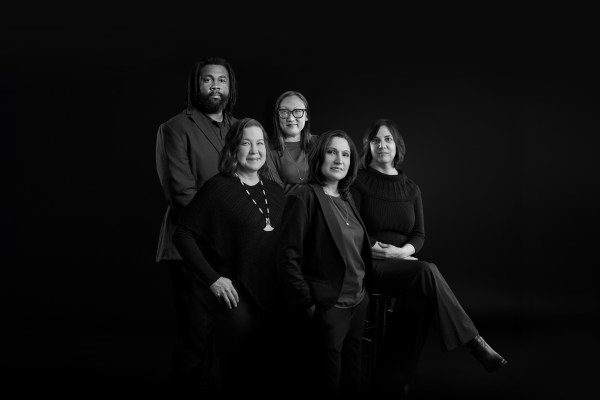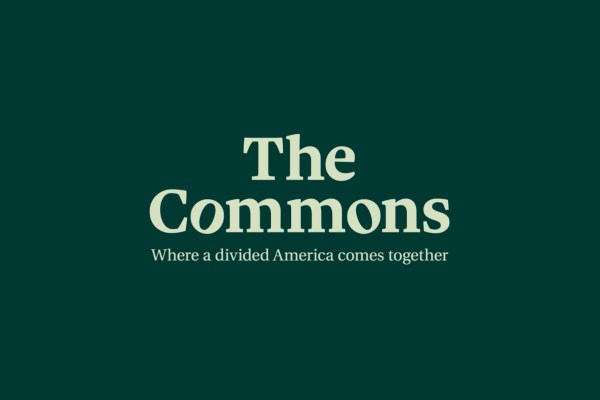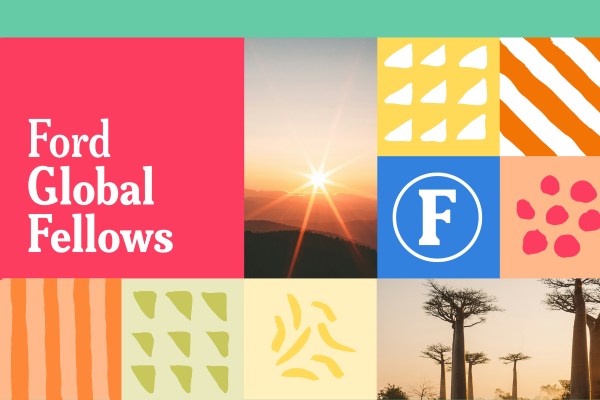Working with visionaries on the frontlines of social change worldwide
We’re building a world where everyone has the power to shape their lives.
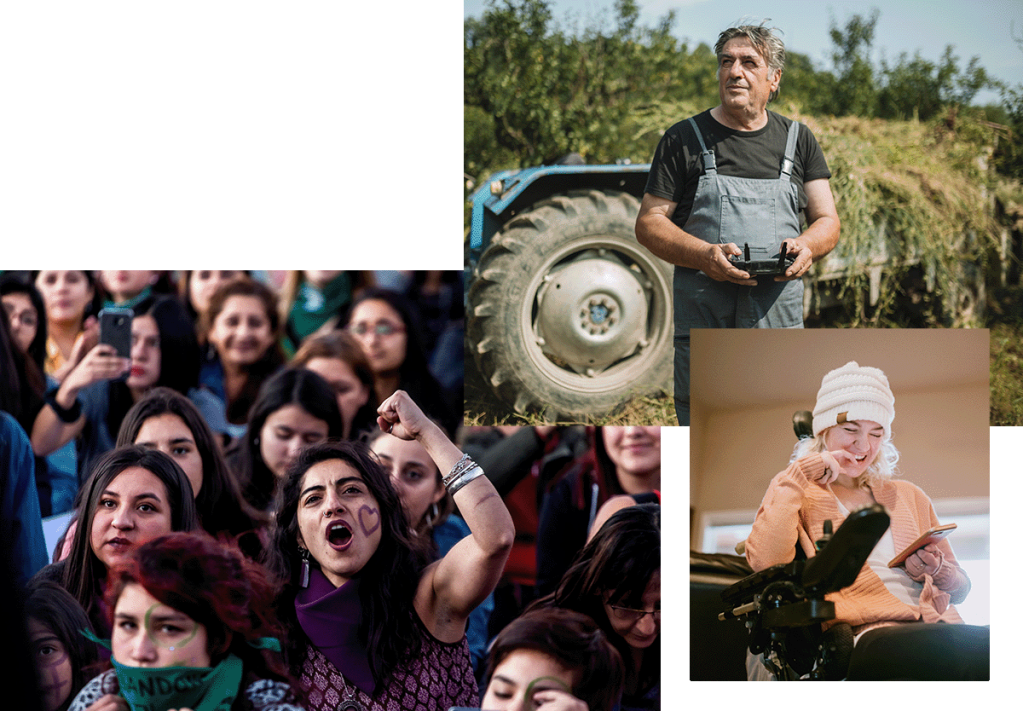
We are disrupting systems to advance social justice
We believe in the inherent dignity of all people and that inequality is the defining challenge of our time.
We invest in transformative ideas, individuals and institutions
We’re reimagining philanthropy to catalyze leaders and organizations driving social justice and building movements across the globe.
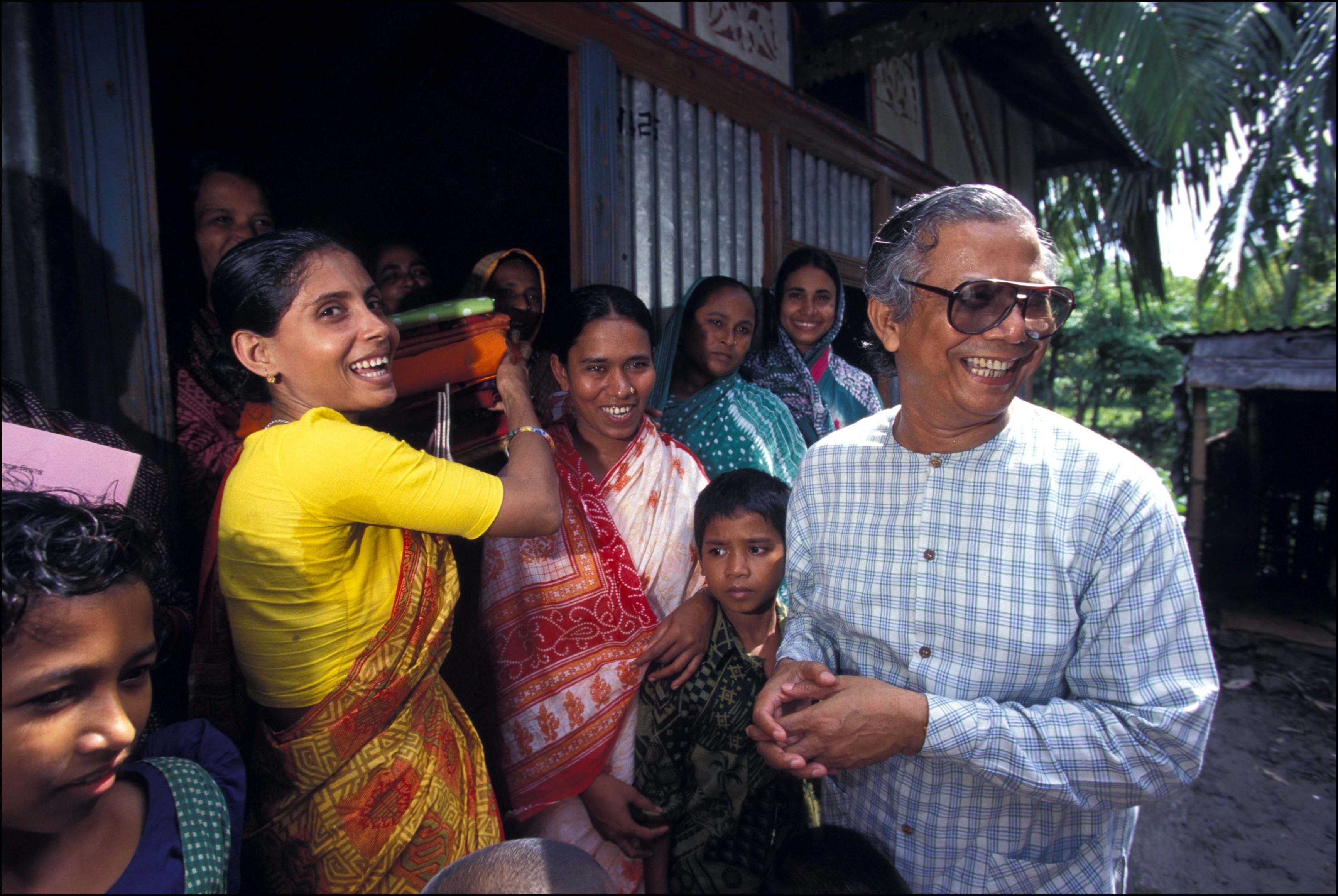
Our priorities
We believe inequality is at the root of nearly every injustice. To create meaningful, lasting change, we focus on nine interconnected areas.
Our news and stories
Dig into the newest collection of stories of change, hope and resilience from our community.

Building on over 85 years of impact
We have supported the work of some of history’s greatest minds, helped build pivotal institutions and seeded big ideas that have fueled groundbreaking movements.
Visit us
Our building—including our garden and gallery—is open to the public.

Center for Social Justice
The Ford Foundation is located in New York City at the Center for Social Justice—a hub for social good and the courageous people who devote their lives to achieving it.
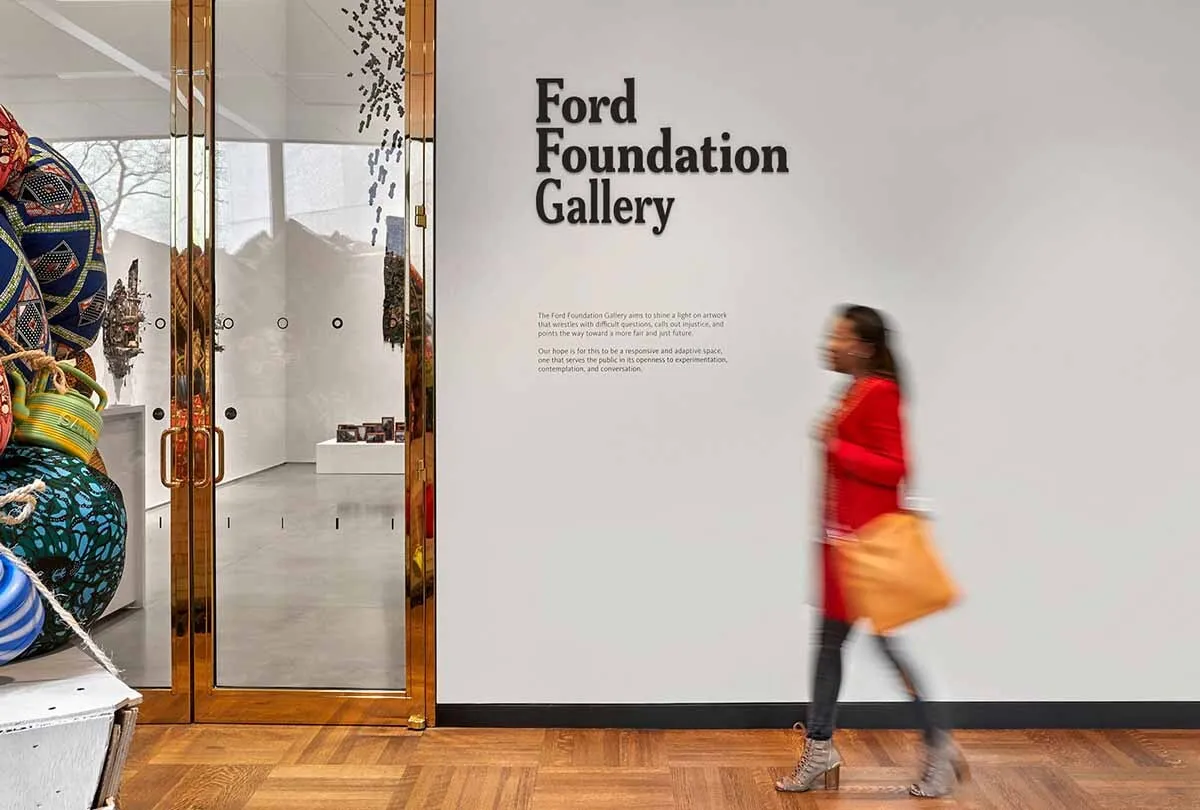
Gallery
In this space, we shine a light on artwork that wrestles with difficult questions, calls out injustice, and points the way toward a more fair and just future.
